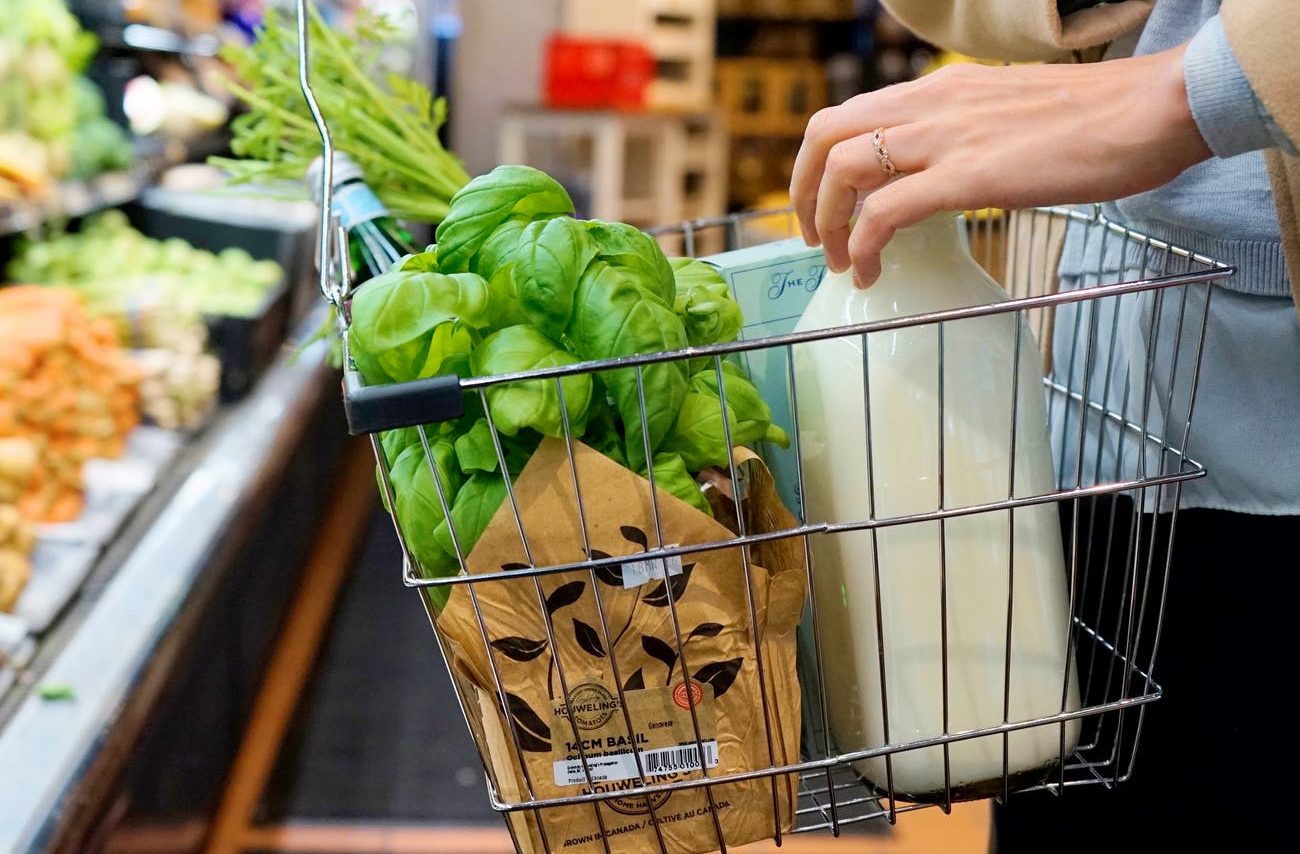
By Professor Ian Thomson and Dominic Bates
Director of Lloyds Banking Group Centre for Responsible Business
With people becoming increasingly more literate about sustainability and the range of ethical products and eco-labelling growing ever wider, conscientious consumers are likely to face even more shopping confusion in future.
Trying to buy Christmas gifts that are sustainably sourced and ethically made can be a real headache – especially when we’re so pushed for time (and space!) among the hordes of last-minute shoppers on the high-street. One way businesses and retailers could help is through better and clearer labelling. But although traffic-light labelling on food products showing their fat, sugar and salt content is commonplace, similar labels for sustainability are still in their infancy.
This is a shame, since recent experiments have shown that any kind of label on food showing its carbon footprint or scoring its environmental impact leads to more sustainable choices by buyers. Interestingly, another study in China found that products with a simple but ostentatious ‘environmentally-friendly’ label were more effective at attracting conscientious consumers than those displaying number-heavy carbon calculations.
But whether a label is about making information more easily comparable and available to the public or about highlighting a product’s more sustainable credentials, trust is essential to any label’s effectiveness. Researchers have found that sponsorship or third-party certification schemes are not only an important way of ensuring consumer confidence in any such ‘eco-labels’, but the source of those endorsements is also key.
While labelling schemes run by governments and environmental NGOs were most trusted by consumers, those developed by business organisations were deemed untrustworthy, unless audited by credible third parties. The best examples have proven highly effective at reducing buyers’ anxiety, offering comfort and reassurance at the time of purchase, particularly with controversial products such as farmed salmon. A well-established and reputable scheme, such as Fairtrade or organic accreditation, not only helps with consumer understanding of what the label represents; it can also boost sales and the price people are willing to pay.
Yet even the most rigorous and reputable of certification schemes can sometimes fail for unanticipated reasons. WWF (World Wide Fund for Nature) has made a huge financial and reputational investment in creating a sustainable palm oil certification scheme, RSPO, after recognising that alternative crops to palm were far more inefficient, land-hungry and environmentally damaging. But the whole issue of palm oil has become so toxic in the mind of consumers that any use of it – regardless of its sustainability – is shunned, and many companies have pledged to remove palm oil from their products altogether to avoid being associated with any controversy.
Perhaps the biggest drawback of these various eco-labels and certification schemes is that their sheer number can be confusing. One international study in 2014 found the public’s understanding of sustainability was narrow and limited (particularly around carbon footprints) and largely only pertained to the environmental rather than social impact of a product. Only a handful of the most well-known and self-explanatory labels, like Rainforest Alliance and Animal Welfare, even registered with the participants, and very few referred to even these when considering which products to purchase.
With people becoming increasingly more literate about sustainability and the range of ethical products and eco-labelling growing ever wider, conscientious consumers are likely to face even more shopping confusion in future. This is why a new generation of digital platforms – such as Giki and Find Green – are aiming to help shoppers compare the sustainability credentials of different products. Eventually, digital platforms will offer the potential for anyone with access to the internet to curate a full life cycle account of a business’s raw materials, labour conditions, processes and waste, with blockchain technology already providing a tamper-proof, digital record of things such as conflict minerals, EV components and carbon emissions.
Until then, it’s important to remember that how much we buy is arguably even more important than what we buy, since we’re currently consuming far more of the Earth’s resources than it can sustainably replenish. So shop well this Christmas but shop less if you can!
This blog is adapted from Ian and Dominic’s book, Urgent Business, published by Bristol University Press and available to buy now.
- More about Professor Ian Thomson at the University of Birmingham
- More about Lloyds Banking Group Centre for Responsible Business
- Back to Business School Blog
The views and opinions expressed in this article are those of the author and do not necessarily reflect the official policy or position of the University of Birmingham.
